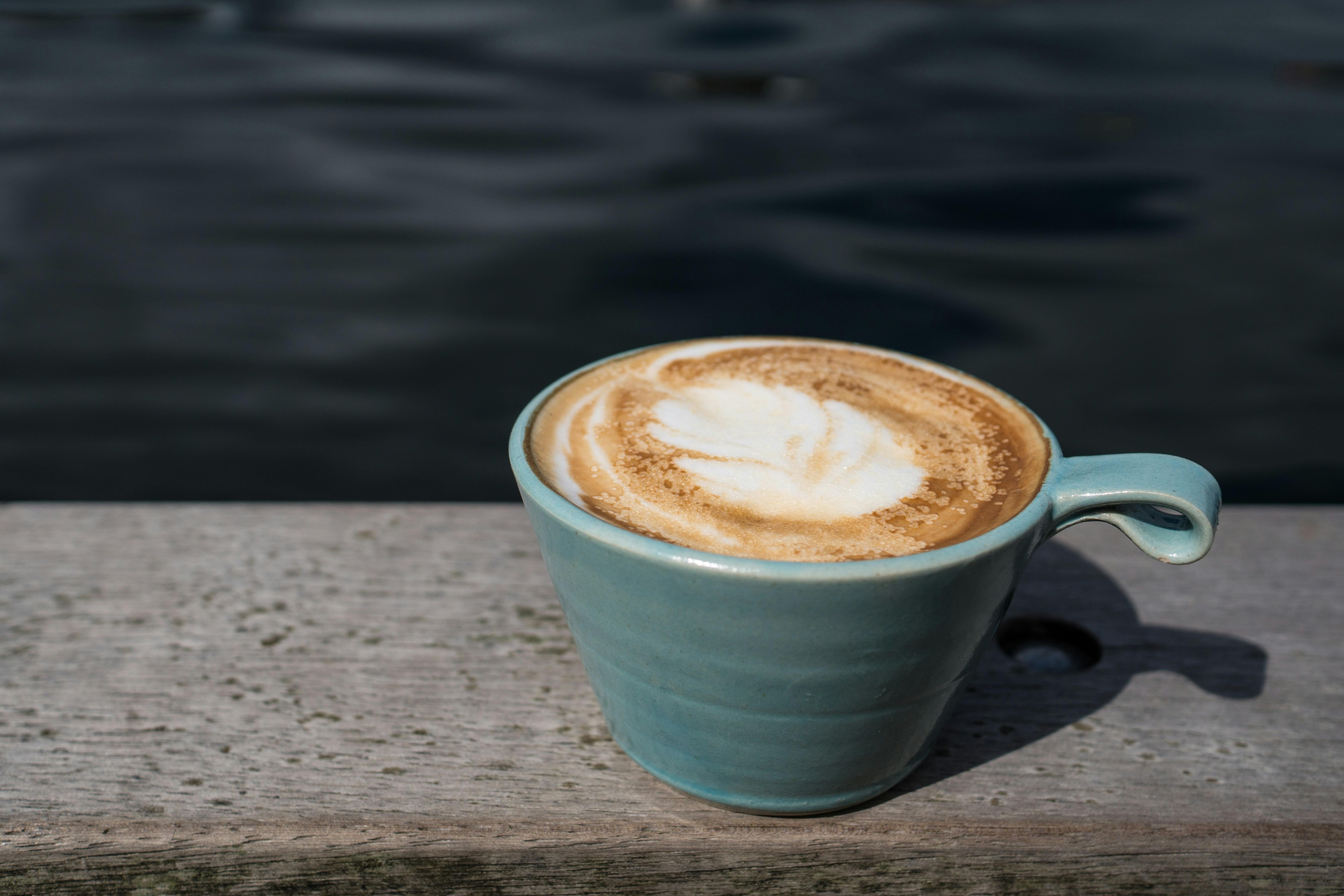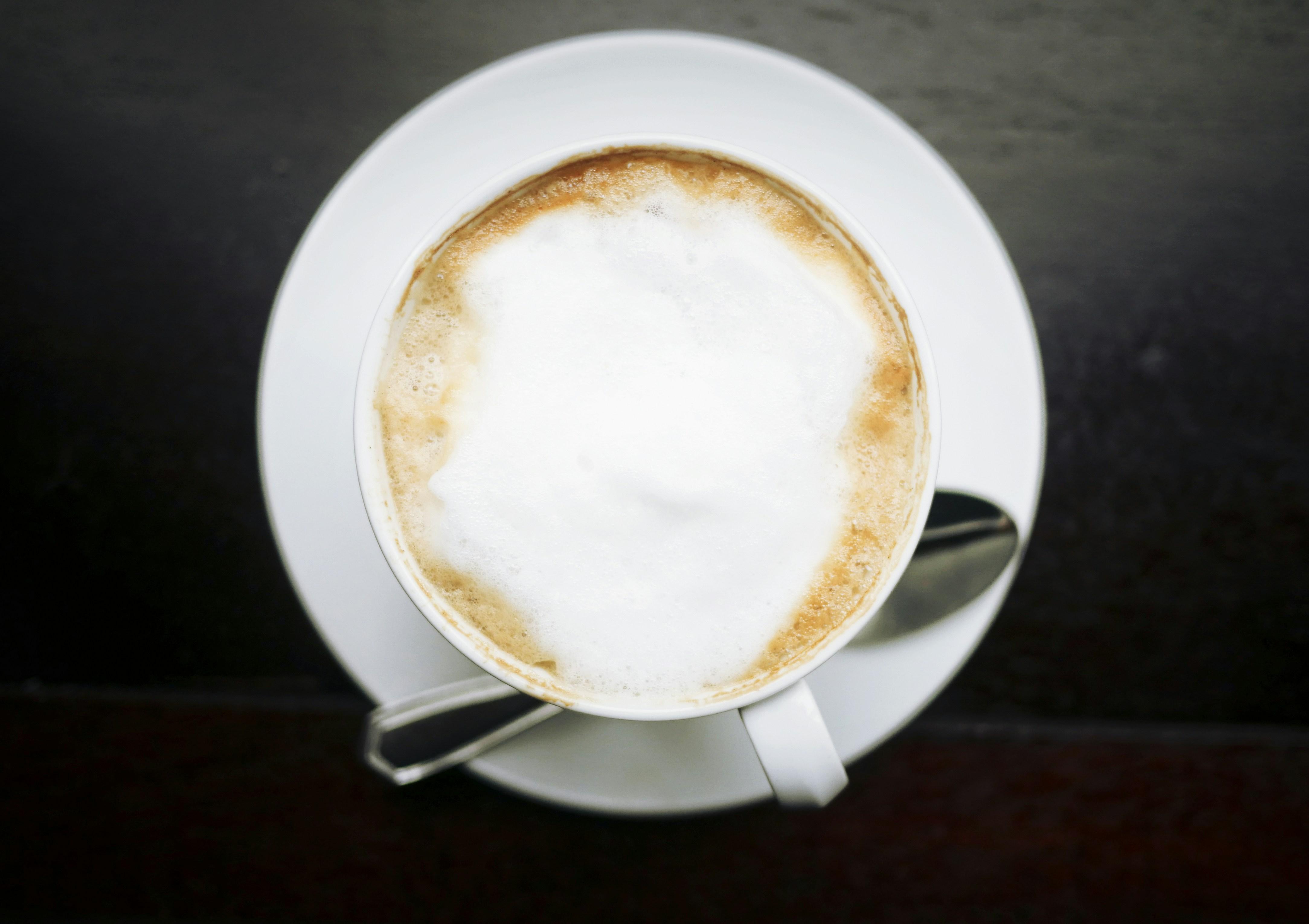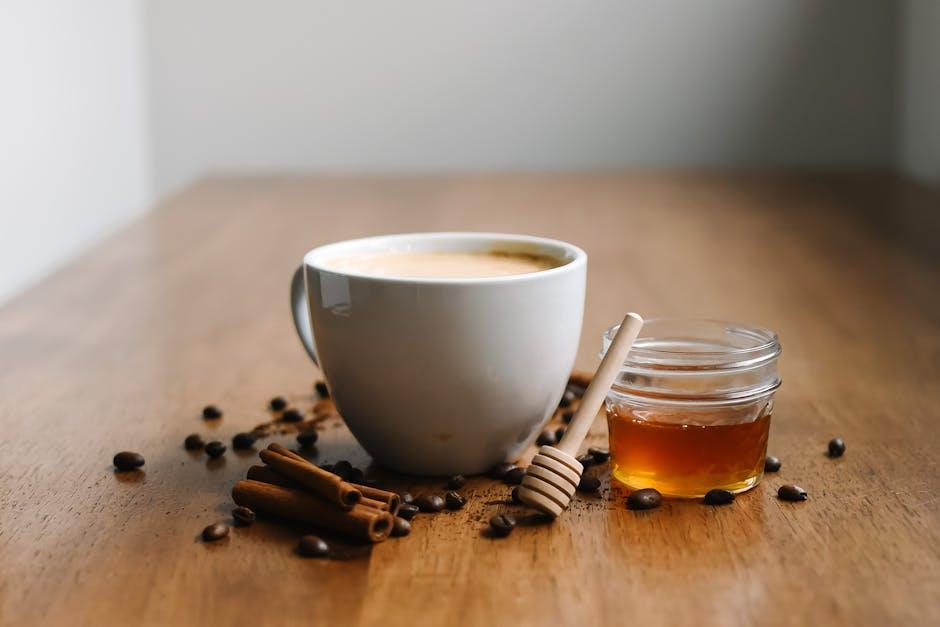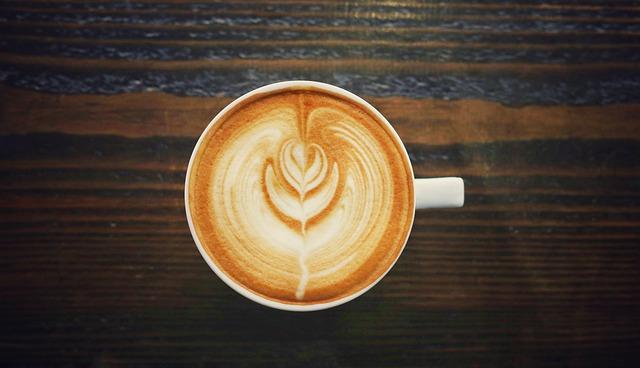In the swirling dance of steam rising from a freshly brewed cup, the chai latte stands as a testament to the art of blending tradition with innovation. Originating from the bustling streets of India and reimagined in cozy cafes worldwide, this aromatic concoction weaves together the rich tapestry of spices with the creamy allure of milk, creating a symphony of flavors that captivates the senses. Whether you’re a seasoned barista or an adventurous home brewer, embarking on the journey to craft a unique chai latte is an invitation to explore a world of endless possibilities. This guide will navigate you through the essentials and inspire you to infuse your personal touch into this beloved beverage, ensuring each sip is a reflection of your creativity and passion.
Crafting the Perfect Spice Blend for Your Chai Latte
Embarking on the journey to craft your own chai latte spice blend is like opening a door to a world of aromatic possibilities. The beauty lies in tailoring each spice to your personal taste, creating a symphony of flavors that sing in harmony. Start with the base spices that form the heart of every chai:
- Cinnamon: Adds warmth and sweetness.
- Cardamom: Offers a fragrant, citrusy note.
- Ginger: Provides a spicy, zesty kick.
- Cloves: Impart a rich, earthy depth.
Once your foundation is set, explore additional spices to add a unique twist. Consider a hint of nutmeg for its subtle, nutty undertones or a dash of black pepper to elevate the heat. For those who enjoy a floral touch, a whisper of star anise can transport your blend to a new level of sophistication. Experiment with proportions until you find that perfect balance, ensuring each sip of your chai latte is an experience to savor.

Choosing the Ideal Tea Base for Depth and Flavor
When crafting a chai latte, the tea base is the heart of your creation, setting the tone for its depth and complexity. Black tea is a traditional choice, offering robust flavors that can stand up to a symphony of spices. Opt for Assam for its malty richness or Darjeeling if you prefer a lighter, more floral profile. If you’re adventurous, consider Earl Grey, which introduces a hint of bergamot for a unique twist.
For those seeking a milder foundation, green tea can be a surprising alternative. It brings a subtle, grassy sweetness that pairs beautifully with delicate spices like cardamom and star anise. Alternatively, rooibos is an excellent caffeine-free option, known for its naturally sweet and nutty notes. Each choice offers a distinct character, allowing you to tailor your chai latte to your personal palate. Here are some considerations to guide your selection:
- Flavor Intensity: Choose based on how bold or subtle you want the tea flavor to be.
- Caffeine Content: Opt for decaf options if you prefer a soothing, evening brew.
- Complementary Spices: Match the tea base with spices that enhance its natural flavors.

Mastering the Art of Frothing for a Creamy Texture
Achieving the perfect froth is an art form that elevates your chai latte to a luxurious experience. Begin by selecting a high-quality milk, as the protein content plays a crucial role in frothing. Whole milk is a classic choice for a creamy texture, but almond or oat milk can add unique flavors while still providing a silky finish.
- Heat your milk to about 150°F (65°C) for optimal frothing. Too hot, and it may scorch; too cold, and it won’t froth properly.
- Use a steam wand for professional results. Angle the wand just below the surface to create microfoam, then submerge it to heat the milk evenly.
- For those without a steam wand, a frothing pitcher or handheld frother works wonders. Vigorously whisk in a circular motion until you achieve a velvety texture.
Once your milk is frothed to perfection, gently pour it over your spiced tea blend, allowing the foam to cascade elegantly over the top. The result is a chai latte with a rich, creamy texture that is both indulgent and satisfying.

Sweetening Your Chai Latte: Natural Options to Consider
When crafting a chai latte that tantalizes the taste buds, consider swapping out refined sugars for natural sweeteners that not only enhance flavor but also add a layer of complexity to your brew. Honey is a classic choice, with its floral notes complementing the spicy undertones of chai. Opt for local or wildflower varieties for a more nuanced taste. Maple syrup offers a rich, earthy sweetness that pairs beautifully with the cinnamon and cardamom in chai. Its robust flavor can transform your latte into a comforting autumnal treat.
- Coconut sugar: With its subtle caramel notes, coconut sugar is a great alternative for those seeking a less processed option. It dissolves easily, ensuring a smooth sip every time.
- Agave nectar: This sweetener is perfect for those who prefer a milder taste. It blends seamlessly with both hot and cold chai lattes, providing a gentle sweetness without overpowering the spices.
- Stevia: For a zero-calorie option, stevia offers a natural sweetness that can be adjusted to taste. Its plant-based origins make it a popular choice among health-conscious chai lovers.
Key Takeaways
In the aromatic journey of crafting your unique chai latte, we’ve explored the symphony of spices, the art of brewing, and the delicate balance of flavors that dance upon your palate. As you sip your creation, let each note transport you to bustling markets, serene tea gardens, and cozy corners where stories are shared over steaming cups. Remember, your chai latte is not just a beverage; it’s an expression of your personal taste and creativity. So, experiment fearlessly, savor each moment, and allow your chai ritual to evolve with every brew. Here’s to the warmth and wonder of a cup well made, and the endless possibilities it holds.




